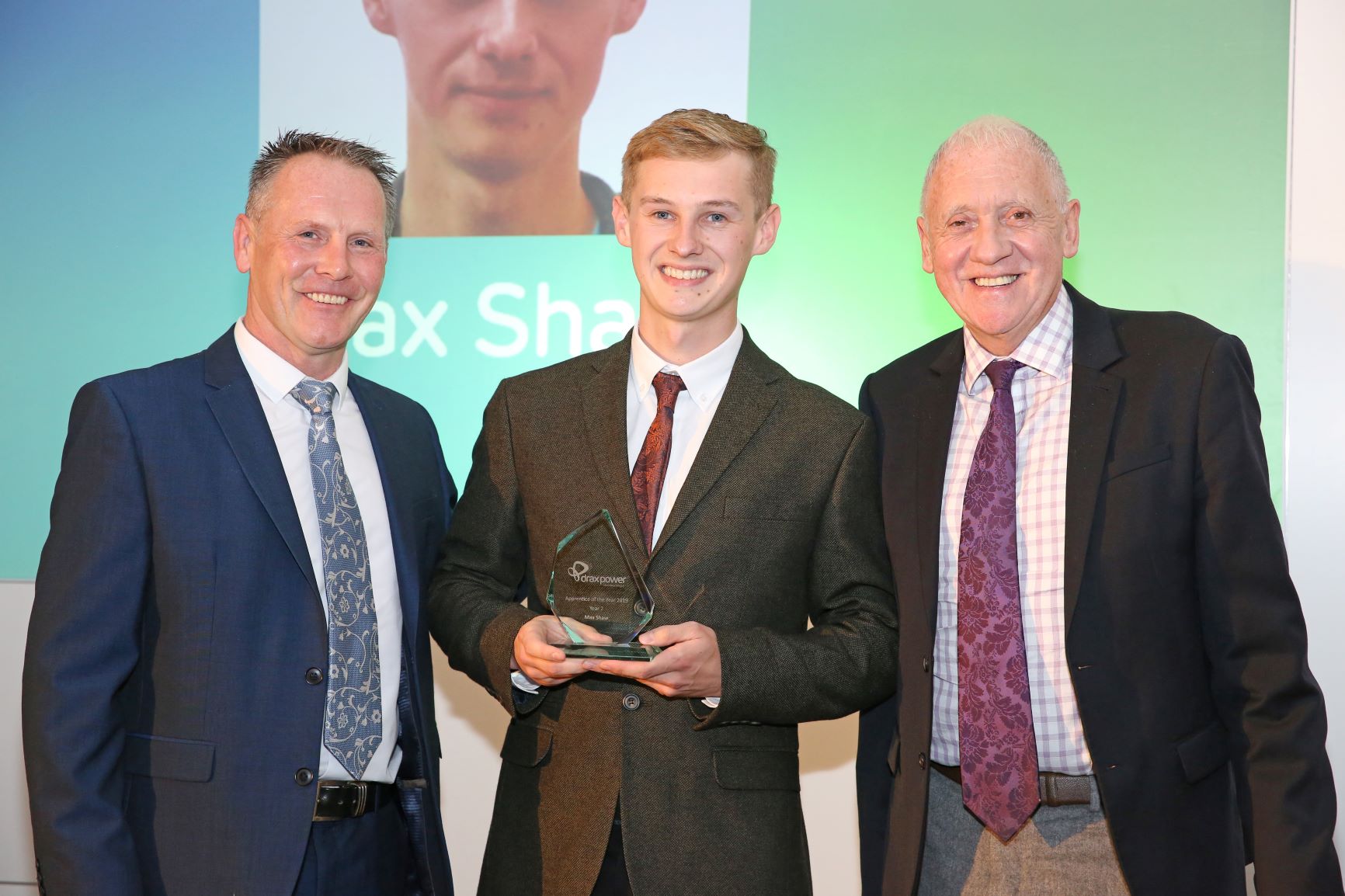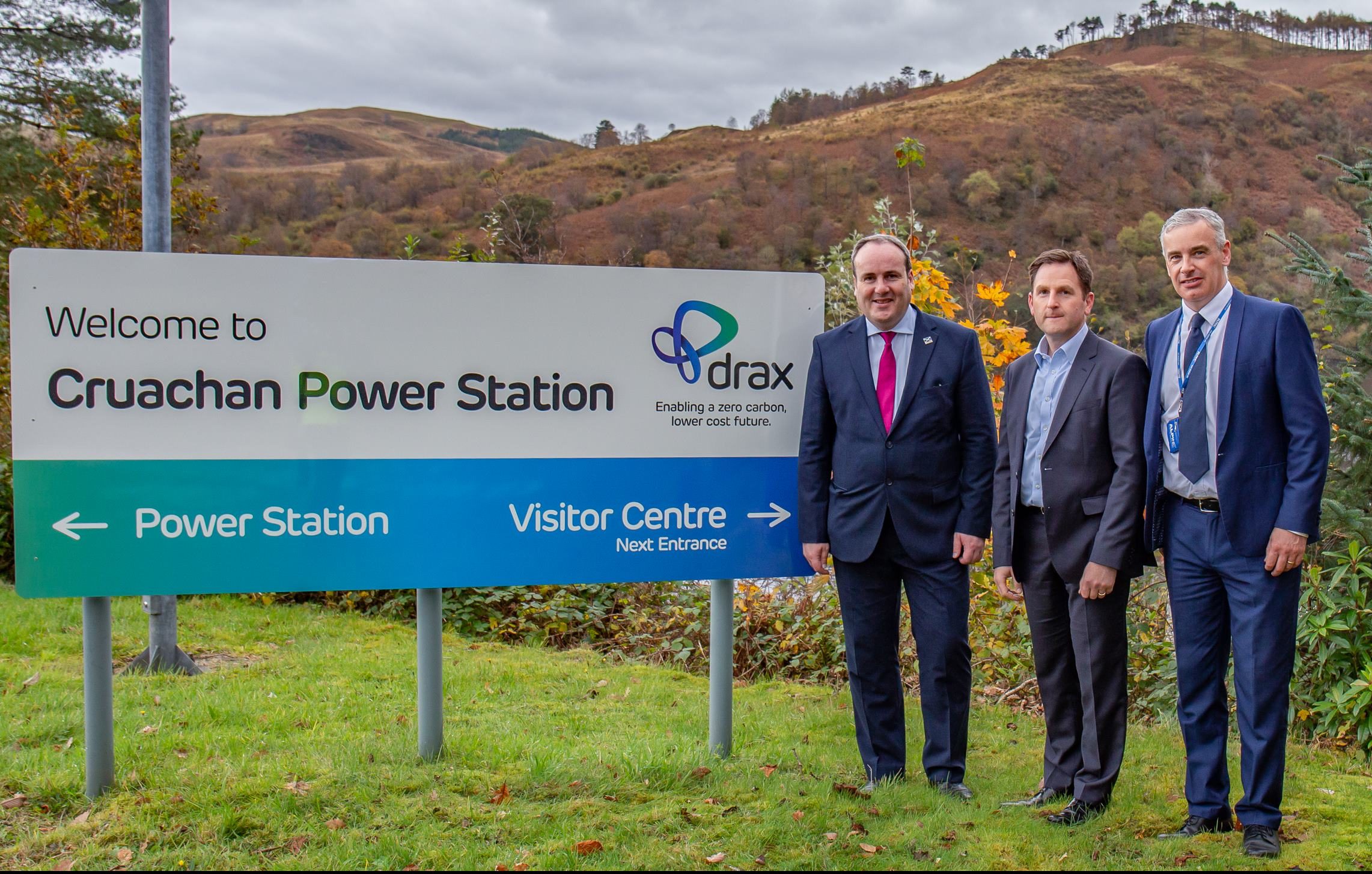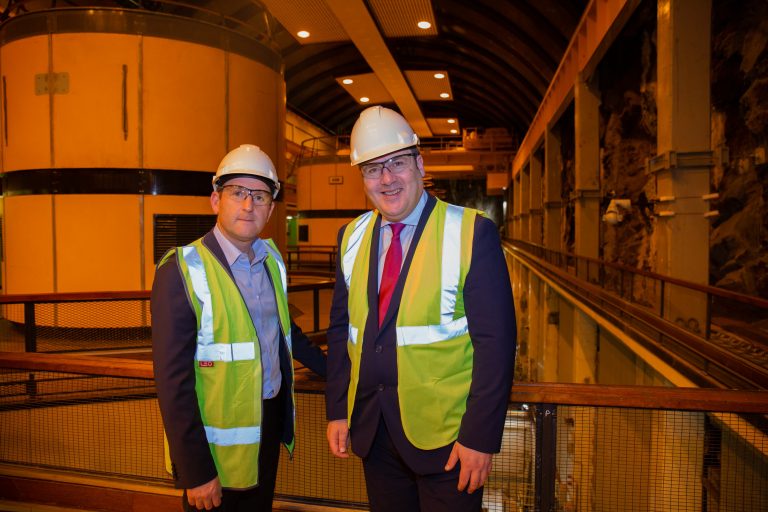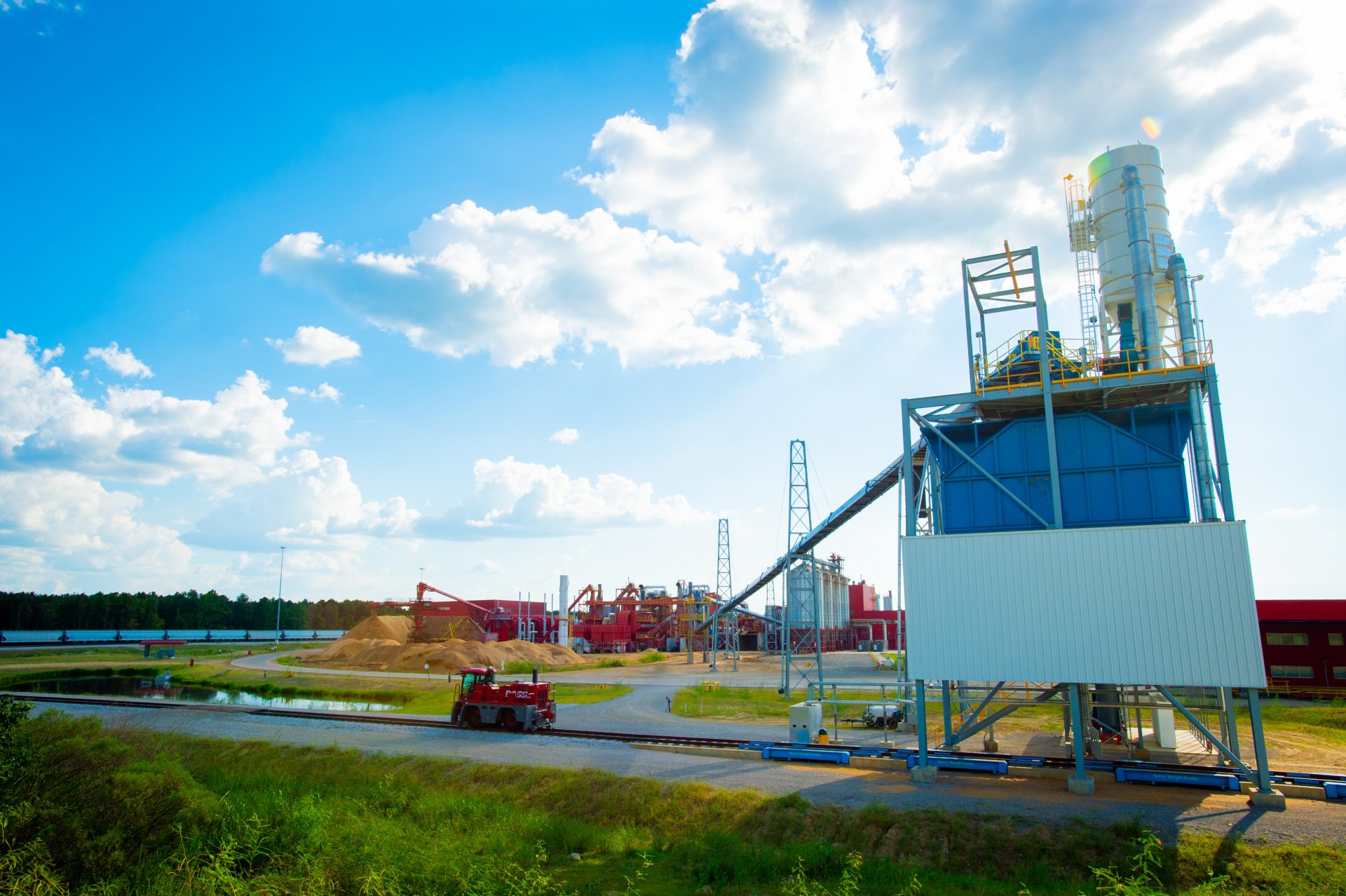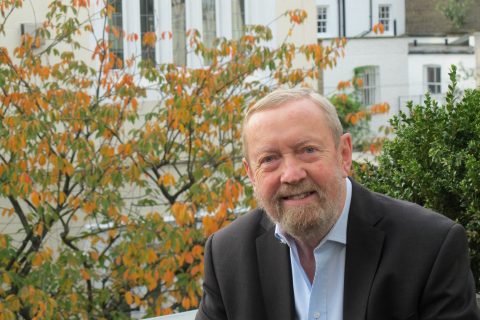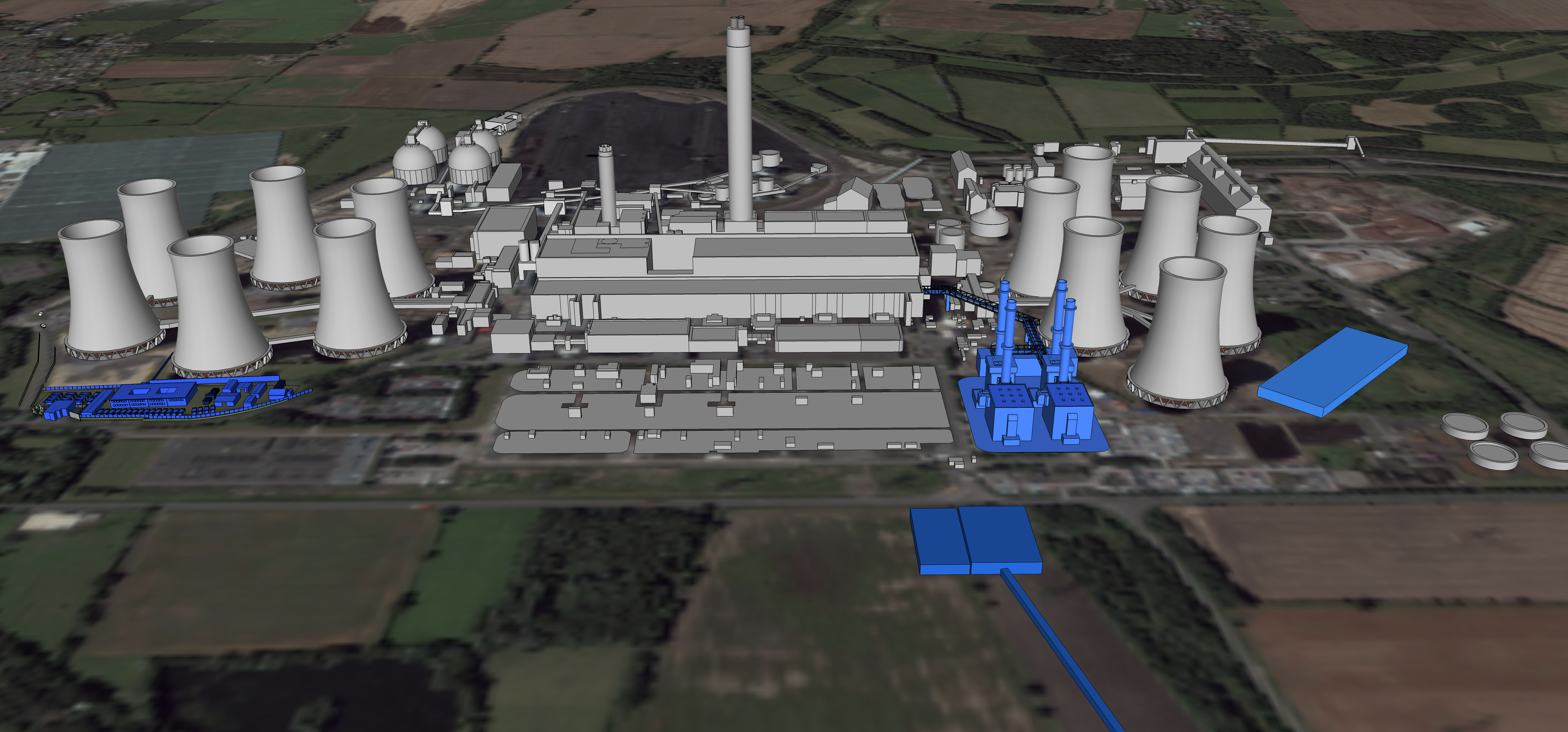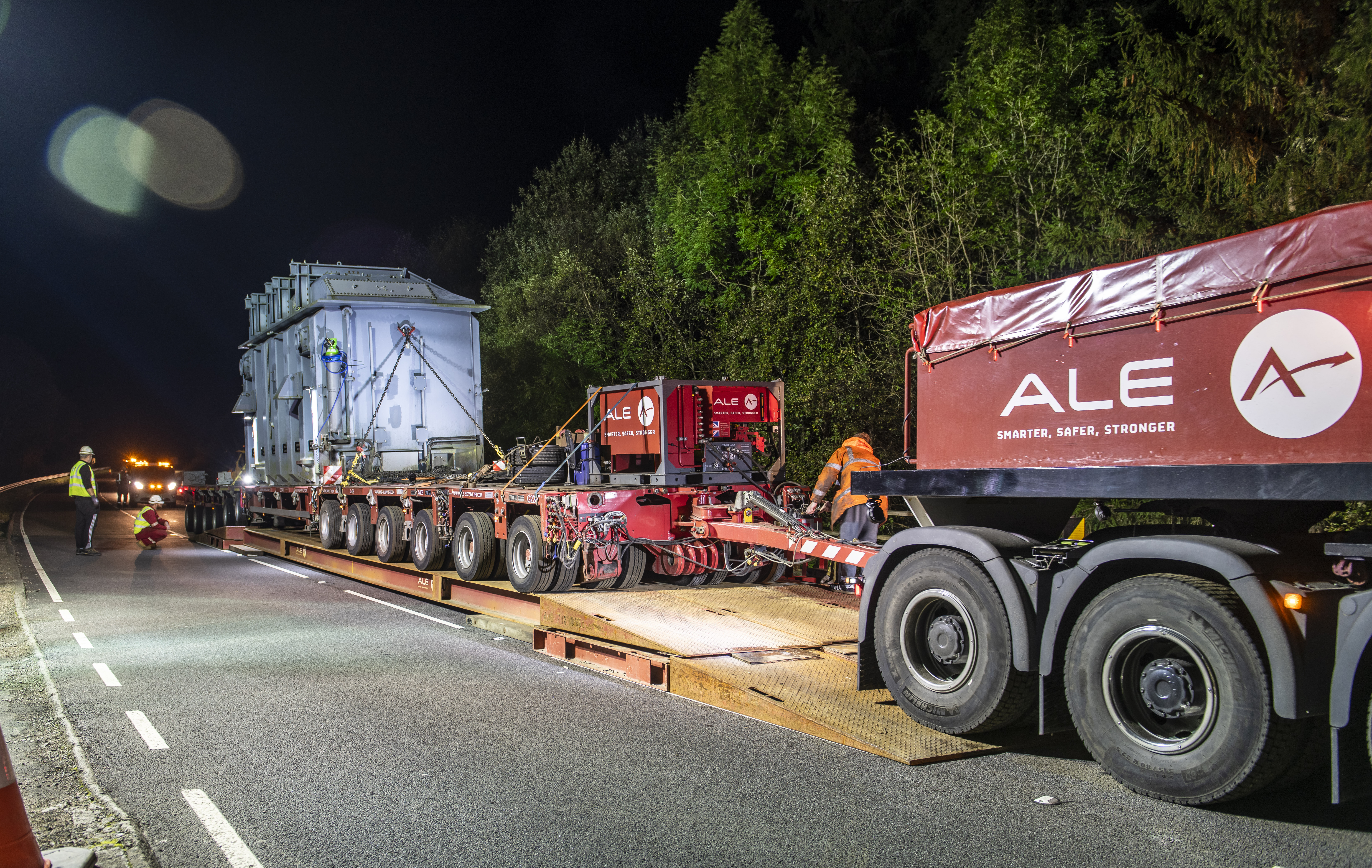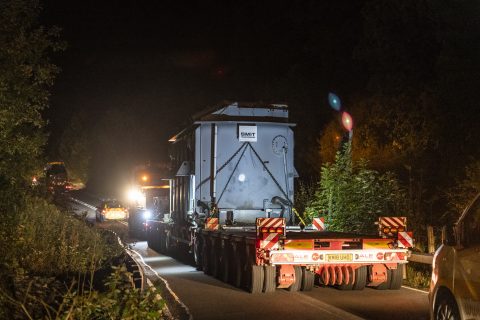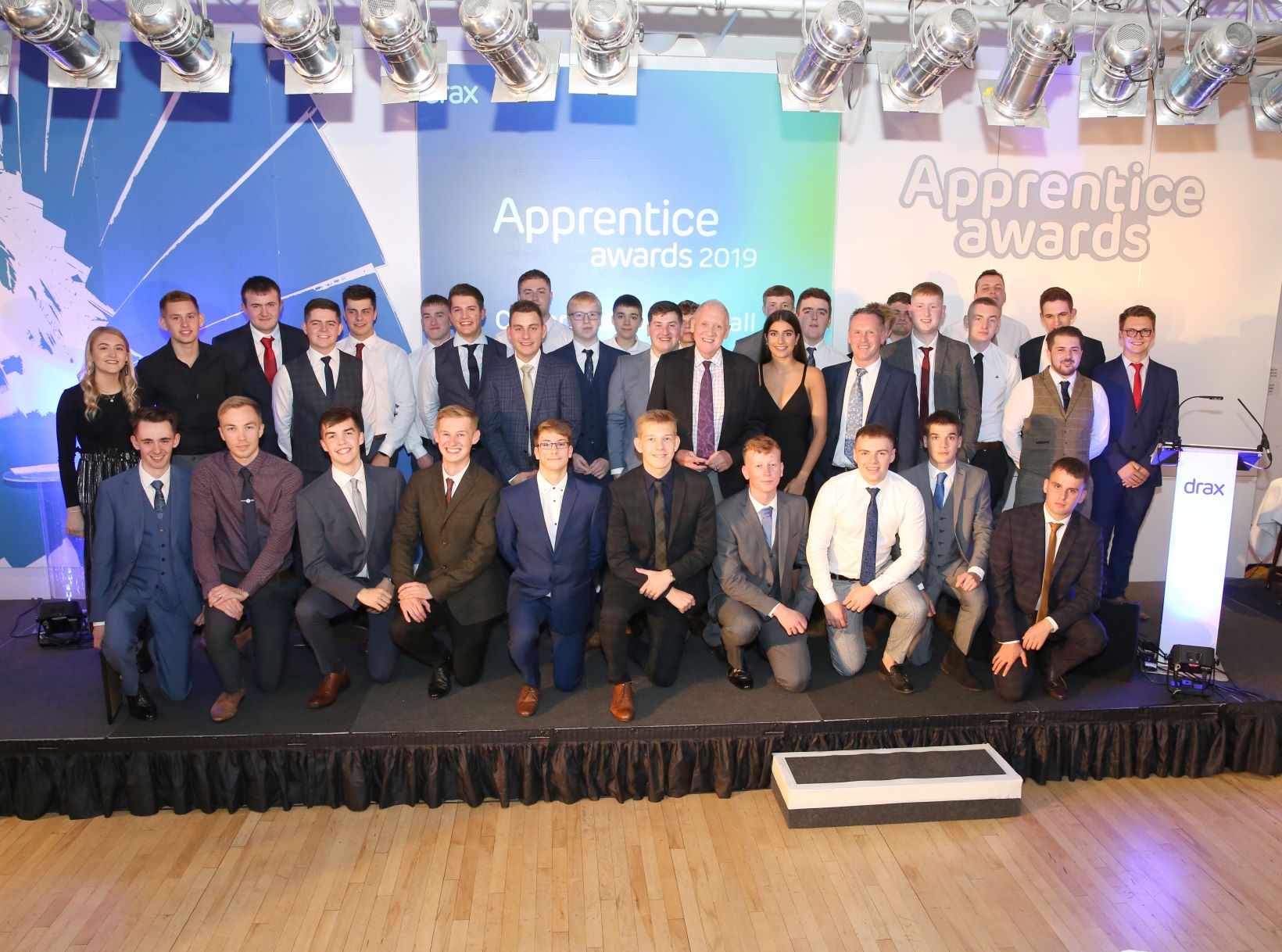
Thomas Hughes, aged 27 from Goole, won the Business Apprentice of the Year Award 2019 and the Paul Chambers Outstanding Achievement Award of the Year. This comes after he won the Business Apprentice Award last year in 2018. Josh O’Rourke, was named Maintenance Apprentice of the Year (Year 4).
Having completed two years of his financial apprenticeship, Thomas is set to finish this December. He hopes to continue working at Drax, following in the footsteps of his father who has worked at Drax for 30 years, and his grandfather who also worked at the power station for 22 years. He said:
“It’s a great feeling to have been selected now two years in a row. Drax is a company I already feel like I’ve learned a lot with and I’m looking forward to developing even further as my apprenticeship is coming to an end and my career progresses from here.”

L-R: Mike Maudsley, Thomas Hughes and Harry Gration
The awards were presented by BBC Look North’s Harry Gration with 34 current and 5 graduating apprentices attending the event along with their mentors and managers.
Mike Maudsley, Drax’s UK Portfolio Generation Director, said of the apprentice awards:
“Inspiring young people and supporting them in their early careers is essential for our business’ future. Each new cohort of apprentices brings enthusiasm and fresh ideas and we want to make sure we’re championing them.
“These awards come after Drax doubled the number of apprentices it hired in the space of just two years, reflecting our continued commitment to increasing education and skills across our region.”
This year’s winners were:
- Maintenance Apprentice of the Year 2019 Year 1 – Lewis Marran from Doncaster
- Maintenance Apprentice of the Year 2019 Year 2 – Max Shaw from Gateforth, near Selby
- Maintenance Apprentice of the Year 2019 Year 4 – Josh O’Rourke from Goole
- Business Apprentice of the Year 2019 and the Paul Chambers Outstanding Achievement Award – Thomas Hughes from Goole
- Uniper Engineering Academy Apprentice of the Year 2019 – Kai Lewis from Selby
As well as its technical apprenticeship scheme, Drax offers apprenticeships in business support areas, such as Finance and Business Administration. All opportunities are advertised on our website.
ENDS
View Selby awards press release.
View Doncaster awards press release.
Media contacts:
Ali Lewis
Drax Group Head of Media & PR
E: ali.lewis@drax.com
T: 07712670888
Joshua Atkins
Drax Group Press Officer
E: josh.atkins@drax.com
T: 07970256355
Editor’s Notes
- Drax has a longstanding commitment to STEM learning, with around 12,000 educational visits to the power station each year. These range from primary school pupils to degree level students, and all visits are tailored to the level of the visiting school, college or university.
- It is also investing to help boost educational skills by working closely with local schools and colleges to encourage STEM learning.
- In 2017 Drax welcomed six technical apprentices compared to nine in 2018, and 12 in 2019 with a further system security apprentice, demonstrating its commitment to retaining and developing a skilled workforce.
- It has also launched a new apprenticeship scheme at its Scottish power generation sites which it is recruiting to now.
- To find out more about working at Drax, go to https://www.drax.com/careers/
About Drax
Drax Group’s ambition is to enable a zero carbon, lower cost energy future. Its 2,600-strong staff operate across three principal areas of activity – electricity generation, electricity sales to business customers and compressed wood pellet production.
Power generation:
Drax owns and operates a portfolio of flexible, low carbon and renewable electricity generation assets across Britain. The assets include the UK’s largest power station, based at Selby, North Yorkshire, which supplies five percent of the country’s electricity needs.
Having converted two thirds of Drax Power Station to use sustainable biomass instead of coal it has become the UK’s biggest renewable power generator and the largest decarbonisation project in Europe.
Its pumped storage, hydro and energy from waste assets in Scotland include Cruachan Power Station – a flexible pumped storage facility within the hollowed-out mountain Ben Cruachan. It also owns and operates four gas power stations in England.
Customers:
Drax owns two B2B energy supply businesses:
- Haven Power, based in Ipswich, supplies electricity and energy services to large Industrial and Commercial sector businesses.
- Opus Energy, based in Oxford, Northampton and Cardiff, provides electricity, energy services and gas to small and medium sized (SME) businesses.
Pellet production:
Drax owns and operates three pellet mills in the US South which manufacture compressed wood pellets (biomass) produced from sustainably managed working forests. These pellet mills supply around 20% of the biomass used by Drax Power Station in North Yorkshire to generate flexible, renewable power for the UK’s homes and businesses.
For more information visit www.drax.com








